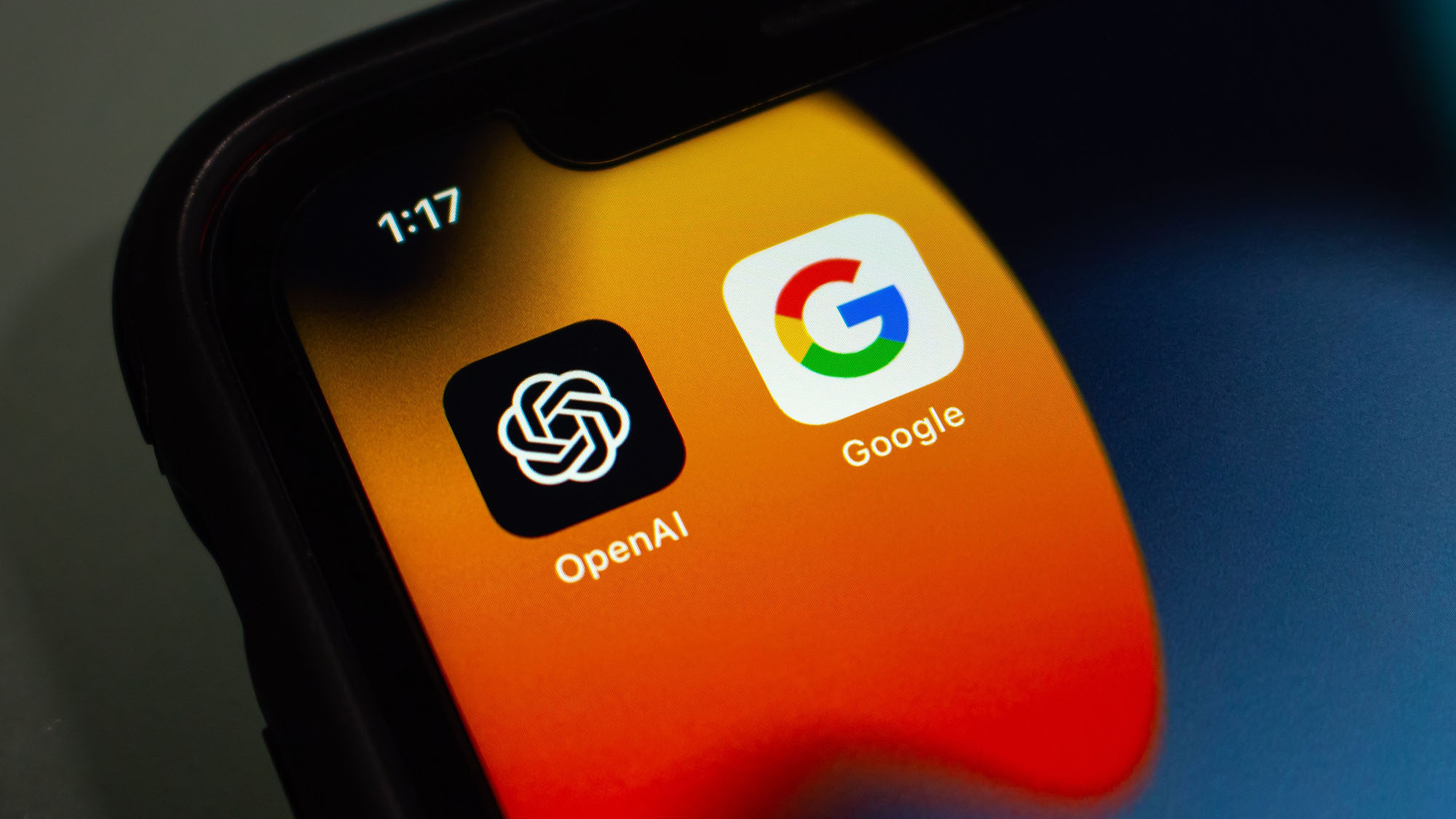
We've heard rumors that OpenAI had a Google search competitor in the works for some time. The company finally released a prototype version of its search tool called SearchGPT, and everyone is excited about the future of searching for things on the internet.
Google has long had a stranglehold on search, but some industry analysts believe that OpenAI might be in the perfect position to challenge the Mountain View company. After 25 years of sitting atop the search engine throne, could it finally be time for another company to run things?
In a statement to Tom's Guide, Danny Goodwin, Editorial Director of Search Engine Land, said, "I’m very wary of crowning anybody a 'Google killer' because Google has killed all the so-called Google killers so far. However, OpenAI’s ChatGPT, in my opinion, has the best shot at changing the search paradigm as we’ve known it for 25 years and potentially truly challenging Google Search."
I'm also wary about any sort of proclamation like that. There's a reason people call searching for things online "Googling." The brand is synonymous with search, whereas OpenAI is known for its chatbot. Not only that, but as Goodwin points out, "SearchGPT is just a temporary prototype, and only 10,000 users will have it."
we think there is room to make search much better than it is today.we are launching a new prototype called SearchGPT: https://t.co/A28Y03X1Sowe will learn from the prototype, make it better, and then integrate the tech into ChatGPT to make it real-time and maximally helpful.July 25, 2024
What will it take for SearchGPT, or whatever the final version ends up being when it's implemented into ChatGPT, to dethrone Google? Hayley Sutherland, Research Manager, Conversational AI & Intelligent Knowledge Discovery at IDC, weighed in: "How much SearchGPT ends up competing with the current leading consumer search engines will be partly dependent on the actual speed and accuracy of using SearchGPT, and these parameters will also help determine the use cases (types of searches/question answering) that SearchGPT will be best suited for."

I've covered the differences between SearchGPT and Google Search, and while they're playing in a similar space, they're not the same. "What’s undeniable is that there is a stark difference between the search experiences of SearchGPT and Google Search. I think the lack of ads will appeal to many people and the prominent citations (links to websites) will appeal to brands and businesses," explained Goodwin.
Right now, the most significant pieces lacking from SearchGPT are local and commerce content. You can find all kinds of sourced information using the tool, but it lags behind traditional search engines in those key areas. "OpenAI still has some significant work to do, particularly upgrading search results quality in local and commerce searches," explained Goodwin. If OpenAI can lock that down, Google might need to worry a bit.
In the end, this is just step one in a long process for OpenAI and its CEO, Sam Altman. Goodwin called it a "transitory step." While I'd have to agree, I'd also say it's more of a transitory leap, as there hasn't been this much hype around a new way to search in a long, long time.
You can sign up for SearchGPT right now to get on the waitlist.



.png?w=600)



